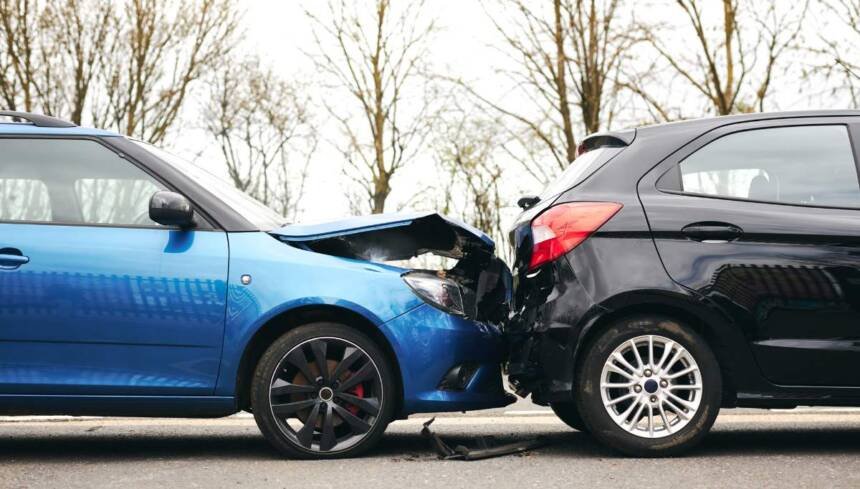If someone is hurt by someone else’s actions, they might be able to file a civil case to get money to make things right and recover their losses. But if the behavior was especially bad or intentional, the court may also give punitive damages on top of compensatory damages.
Punitive damages, which are also called exemplary damages, are not meant to make the defendant pay the client back. Instead, they are meant to punish the defendant and stop them from doing wrong things again.
Note
Joseph Napoli, a senior partner at Napoli Shkolnik PLLC and a well-known personal injury lawyer, says that punitive damages are meant to stop and punish wanton, reckless, malicious, or intentional behavior that offends the conscience. “They go beyond making the plaintiff whole by punishing the defendant for outrageous behavior.”
For punitive damages to be awarded, the offender must have acted in a way that showed they knew or didn’t care about other people’s rights and safety. Just being careless isn’t enough; the actions must be reckless or on purpose wrong. Here are some situations in which severe damages might be given:
- A company releasing a product they knew was defective and dangerous to consumers
- A drunk driver causing an accident that severely injures someone
- Someone committing an intentional tort like fraud, defamation, or assault and battery
- A nursing home facility blatantly neglecting and abusing its residents
“Punitive damages send a societal message that certain unconscionable conduct will not be tolerated,” he says. “They hit defendants where it really hurts – their pocketbooks – so corporations and individuals have a massive financial incentive not to engage in flagrant wrongdoing for profit or out of malice.”
Calculating Punitive Damages
Not like compensatory damages, which are based on the plaintiff’s economic damages like medical bills or lost wages, as well as non-economic damages like pain and suffering, punitive damages are more of a guess that the judge or jury makes. There isn’t a set strategy, but they will look at things like
- The reprehensibility and duration of the defendant’s conduct
- Whether the conduct was intentional or motivated bygreed
- Whether the conduct resulted in physical or economic harm
- Whether the defendant attempted to conceal their misconduct
- The defendant’s financial condition and ability to pay the punitive damages
- The total amount of compensatory damages already awarded
“Courts have a lot of discretion in setting punitive damages, but they can’t be excessive or grossly disproportionate to the compensatory damages,” says Napoli. “There’s a delicate balancing act between punishing and deterring the wrongdoer while not going overboard and violating due process.”
Most states cap punitive damages at two to four times the amount of economic damages, unless the behavior was really bad. In some situations, some states don’t allow them at all. The U.S. Supreme Court has said that awards with a ratio of more than 10% between punitive and compensatory penalties are not likely to meet the standards of due process.
So, while a $1 million punitive damages award might be fair for a billion-dollar company caught selling faulty goods on purpose, it would probably be too much for someone who was careless and caused $50,000 in damages.
How to Avoid Punitive Damages
The threat of having to pay huge punitive damages on top of compensatory awards should be enough to get businesses and organizations to set up strong compliance programs and give their workers ethics training. Instead of burying your head in the sand, you need to take steps to find and fix possible problems.
“I always counsel my corporate clients to build a culture of integrity, transparency and respect for consumer safety from the top down,” says Napoli. “Have clear policies and procedures in place, monitor for violations, and deal with them swiftly and definitively before they metastasize into something much bigger that could bankrupt the company.”
Also, people should have the right kind of liability protection and know that punitive damages usually can’t be forgiven in bankruptcy. Punitive losses are also less likely to happen if you live an honest, law-abiding life.
If you ever have to deal with a punitive damages claim, you need an experienced lawyer on your side right away to keep your finances from going down the drain.
If the demands are too high, your lawyer can try to negotiate them down, argue against the judge or jury awarding punitive damages, and appeal any punitive ruling that doesn’t follow the rules of due process.
The Bottom Line
Punitive damages are a strong tool that should only be used for the worst kinds of wrongdoing in legal cases. They let the person who was wronged get some social punishment and retribution, and they give defendants and other people a reason to “play by the rules.”
To sum up what Joseph Napoli says, “Punitive damages go beyond full fairness by adding a kicker to drive home the message that outrageous misconduct and disregard for human safety will lead to ruinous consequences.”
The vast majority of public policy advocates discouraging and stopping gross wrongdoing before it happens, rather than just fixing the problems that happen after the fact.



